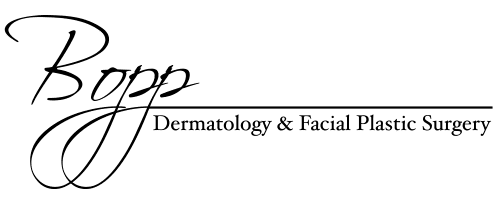The decision to have a nose job isn’t an easy one to make. Rhinoplasty is a complex blend of surgical technique and design art. There’s a heavy level of preoperative planning, the surgery itself, and a period of recovery that can sometimes be longer than for other places on your body.
Your expectations are also a major consideration in the planning stages. There’s nothing standard about a rhinoplasty. The outcome must suit your face, to keep a balanced and natural appearance. The nose profile you want may not be appropriate for your look or surgically realistic.
There’s lots to know before you choose to go ahead with plans for surgery. Let’s examine the major points you’ll need to consider, to help with your decision.
Not all rhinoplasties are cosmetic
Though most people associate nose jobs with changing its shape, rhinoplasty can also correct breathing issues. Surgery works on the structural elements of the nose, so areas of restricted passage can be reworked, making breathing easier. Both cosmetic and therapeutic issues may be addressed in a single procedure.
Rhinoplasty surgery can be open or closed
In any surgery, scar placement may have a huge effect on the success of the procedure. Many rhinoplasties can be done using closed surgical techniques. In this case, incisions are made inside your nose, so resulting scars are completely hidden. Some procedures that address changes to the tip of your nose or severe breathing issues still require open surgery, where external incisions are necessary.
Slight changes make a huge difference
In rhinoplasty, alterations are typically measured in millimeters, yet these make a significant change in the appearance of your nose. In most cases, an experienced surgeon delivers the results you want in a single procedure. However, most surgeons work conservatively, and revision surgery is sometimes recommended to fine-tune results.
Your pre-surgery condition is important
Rhinoplasty is most successful when you’re in good general health, with firm nasal cartilage and healthy, elastic skin. Generally, nose jobs have better results when performed early in adulthood, rather than later.
Recovery is key to a successful nose job
Recovering from rhinoplasty moves through a series of stages, and each of them has its own pace. Generally, there’s little pain immediately after the surgery, but bruising and swelling can be substantial, particularly in the first week. Typically, you’ll wear a splint and bandages over your nose during this period.
After seven days, the splint comes off, but you’ll probably need an additional week before you can return to work or venture out socially. You may be advised to observe these precautions after surgery:
- No nose-blowing
- Brush your upper teeth gently to minimize pulling on your upper lip
- No vigorous activities or exercise
- Take baths rather than showers while wearing bandages
- Avoid facial expressions that may strain surgical wounds
- Don’t wear clothes that pull over your head
- Don’t rest eyeglasses on your nose for at least a month
- Use sunscreen on your nose when you venture outside
Most patients need about four weeks to feel recovered from the procedure and the visual results start to approach their final appearance. However, swelling from the rhinoplasty lasts up to a year. The duration of recovery can sometimes be frustrating, so be prepared for a slow process.
Rhinoplasty is not a standard surgical procedure. Every case has its own approach and techniques, and it’s generally regarded as a challenging operation.
However, techniques are more precise than ever, and I’m a veteran plastic surgeon with over 25 years in practice. Contact my office in Metairie, Louisiana, by phone or online to arrange a consultation, so we can discuss what a rhinoplasty can do for you.



